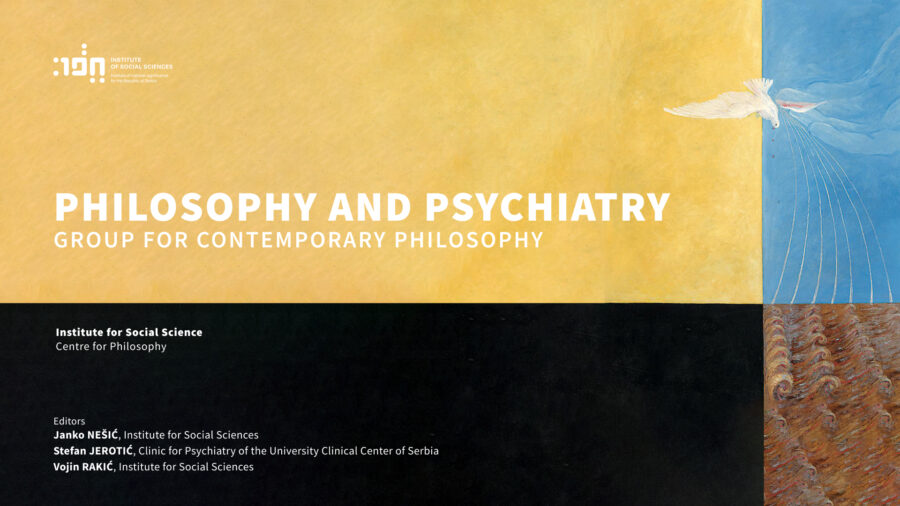In the lecture held on May 10 in the Grand Hall of the Institute of Social Sciences (via Zoom and in front of a live audience), Dr Federico Burdman, Universidad Alberto Hurtado, Chile, argued, from a philosophical perspective, for an externalistic view of addiction. The impairment of the ability to control drug-related behavior lies at the heart of both the clinical and everyday concepts of addiction. Dr Burdman has shown that the (partial) failure of ability that we see in addiction is best understood by attributing it not to the intrinsic properties of the agent but to the way in which the agent interacts with a certain range of environmental conditions. In short, he argued for an externalistic view of addiction. His starting point is the wealth of evidence on the significant impact of social, situational, and environmental factors on the extent to which people with addiction can control their drug use.
He discussed some of the key empirical findings: the impact of socioeconomic deprivation, situational stressors, and the availability (or lack thereof) of rewarding alternatives, as well as the key therapeutic role of socio-environmental interventions. The basic thrust of the externalistic approach is that socio-environmental factors play such a prominent role in determining clinical outcomes that they might be aptly cast as constitutive of the phenomenon itself. However, rather than articulating his view in terms of a problematic causal/constitutive distinction, he proposed to reframe the issue in terms of a different but related question: Is there a relevantly close possible world in which, given a different set of external conditions, someone correctly diagnosed with addiction no longer suffers from impaired control?
A positive answer, he suggests, gives sufficient bite to the idea that the correct approach to addiction is externalistic. He briefly discussed some implications of my proposed account. Theoretically, the externalistic view promises to find a much sought-after middle ground between the two main foes of addiction theory: compulsion and choice theories. And it also carries with it a call for an ethical self-examination. If addiction has more to do with a range of environmental conditions than we used to think, this suggests a pressing question: what are we doing to make actual the possible worlds in which addiction is not (so much of) an issue?
Federico Burdman`s lecture is the twenty-first in the series of seminars on “Philosophy and Psychiatry” organized by the Center for Philosophy at the Institute of Social Sciences. The seminar aims to allow young colleagues and doctoral students to present and enhance their work through the discussions following each lecture.

